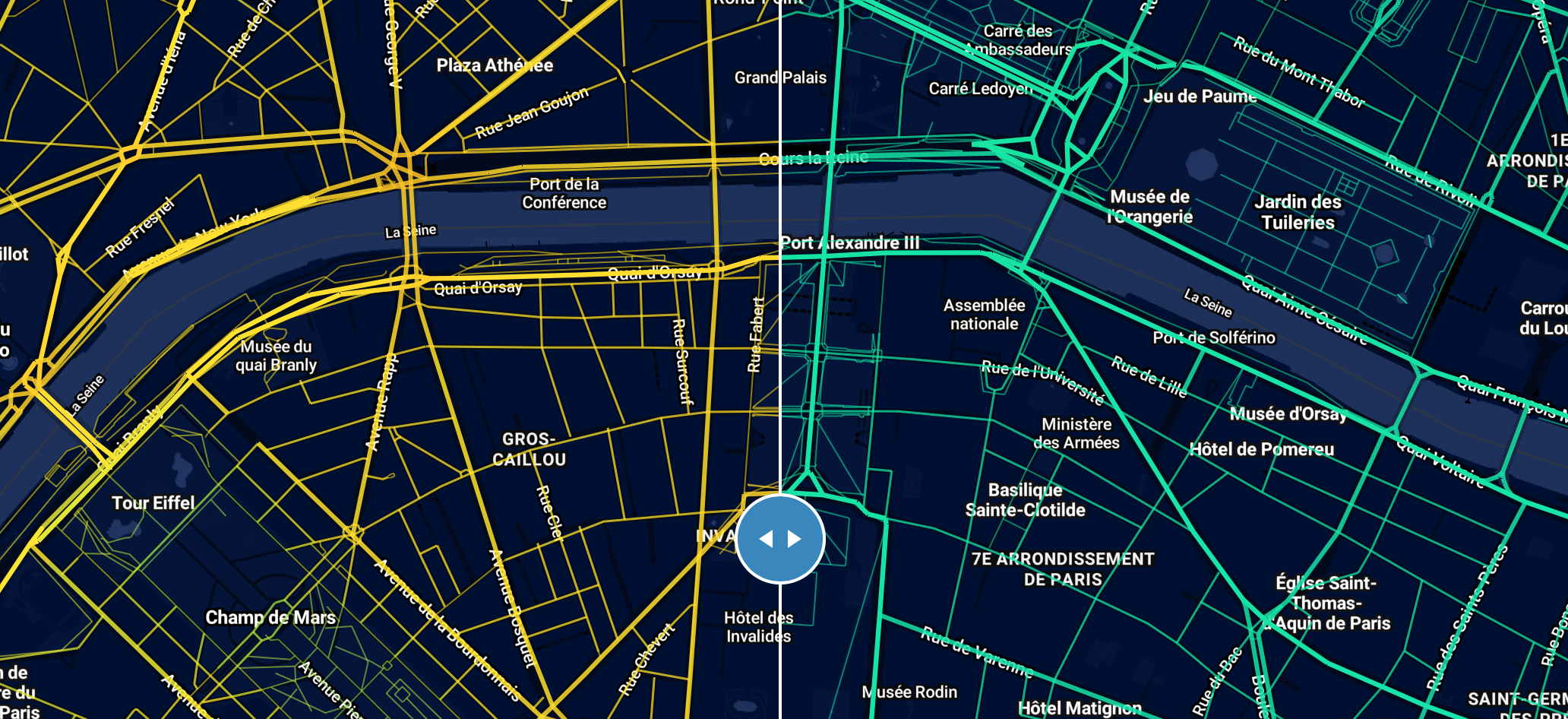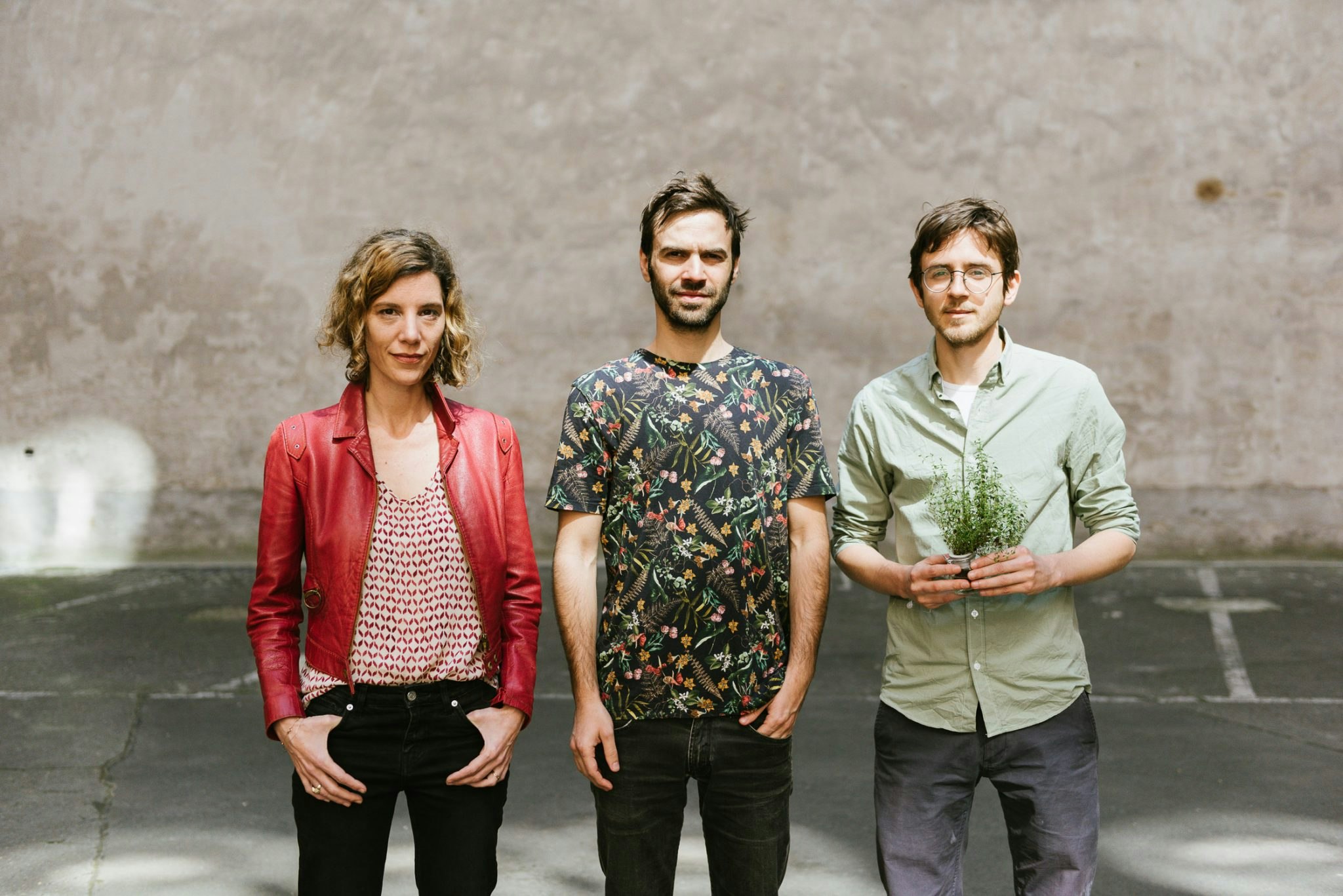How do you go from selling Beyonce luxury speakers to measuring dirt?
For Quentin Sannié, one of France’s most successful entrepreneurs and the cofounder of unicorn startup Devialet, everything changed with one trip to California in 2017.
“I was horrified by the state that nature was in, the destruction,” says Sannié. “I’ve always been passionate about food, agriculture, the environment — but this wake up call was just too much, I had to do something.”
This wasn’t Sannié’s first trip to the west coast, but like many European entrepreneurs, his usual route rarely ventured outside of Silicon Valley, where he’d meet clients or investors. This was the first time he enjoyed some leisurely travel across the state, and what he saw alarmed him.
“It was a preview of the types of environmental issues we face around the world.”
It’s the kind of wake-up call that’s driving more and more European entrepreneurs towards creating greener startups, and investors to “impact” investing.
Sannié got on the plane back home and decided he’d cash out of Devialet, a highly successful luxury electronics startup he helped create, to inject funds into a project aimed at solving some of the biggest problems plaguing nature today.
He founded a startup called Greenback this year: a global ratings agency that rates soils for quality the same way Moody’s or Standard & Poor’s rate other assets. It collects data by measuring dirt samples, and uses algorithms to analyse what state the soil is in at given places on aspects like biodiversity and pollution.
Business idea
“I started looking for a business idea, for a problem to fix”, says Sannié. “It came up that the real problem with farming is the state the soil is in.”
First, the entrepreneur, who has been splitting his time between a house in the countryside some 100km from Paris and the French capital, asked farmers around him what the biggest problem with agriculture was for them.
They highlighted the need to rethink the agricultural models that once led to prosperity but were no longer the best fit financially, or environmentally. Older agriculture and production methods are no longer delivering the kinds of results they once had — and with negative effects on the environment, they told Sannié.
One farmer also pointed to the bad state a lot of soils are in. More than a third of land on the planet is moderately to highly degraded, because of factors ranging from erosion to chemical pollution, according to the United Nation’s Food and Agriculture Organisation (FAO).
Meanwhile, land as an asset, on a global scale, is worth thousands of billions of euros — at least as much as all stock market assets combined, says Sannié.
McDonald’s burgers
The rationale behind Greenback is that companies need new sophisticated tools to measure soil quality. Not just farmers, but also their end-= clients — from burger chains like McDonald’s to food giants like Nestlé — and their insurers, up to the banks that lend them money.
A lender would want to use the ratings as part of their valuation exercise, needing to pinpoint how much a piece of land is worth.
A burger joint like McDonald’s would be interested in measuring the environmental impact of decisions made along the way in its supply chain. It could do that by looking at the very first link in the chain: the dirt, where growing the wheat that goes into making burger buns starts.
“Big industrial companies are making decisions without any way to concretely measure the impact of those decisions on every part of the supply chain, and certainly not impact on soil,” says Sannié.
Other models on the market let companies have parts of their production processes rated. But Sannié’s thinking is that measuring what’s going on in the ground directly says a lot about the way production was done.
“Indirectly if we can measure soil quality and find a way to protect it, then we know we’re doing right by the rest of the chain,” he says.
Entrepreneurial challenge
Sanniés goal is that better knowledge, through ratings, can prompt more virtuous behaviour, as well as improve productivity. He’s advocating going farther in a fact-based approach to analysing different parts of climate change.
“In essence, this is about not accepting things the way they are today — about wanting to drive global change,” says Sannié. “It’s an entrepreneur’s mission definitely.”


